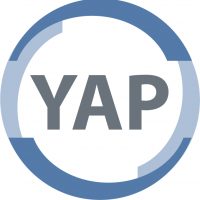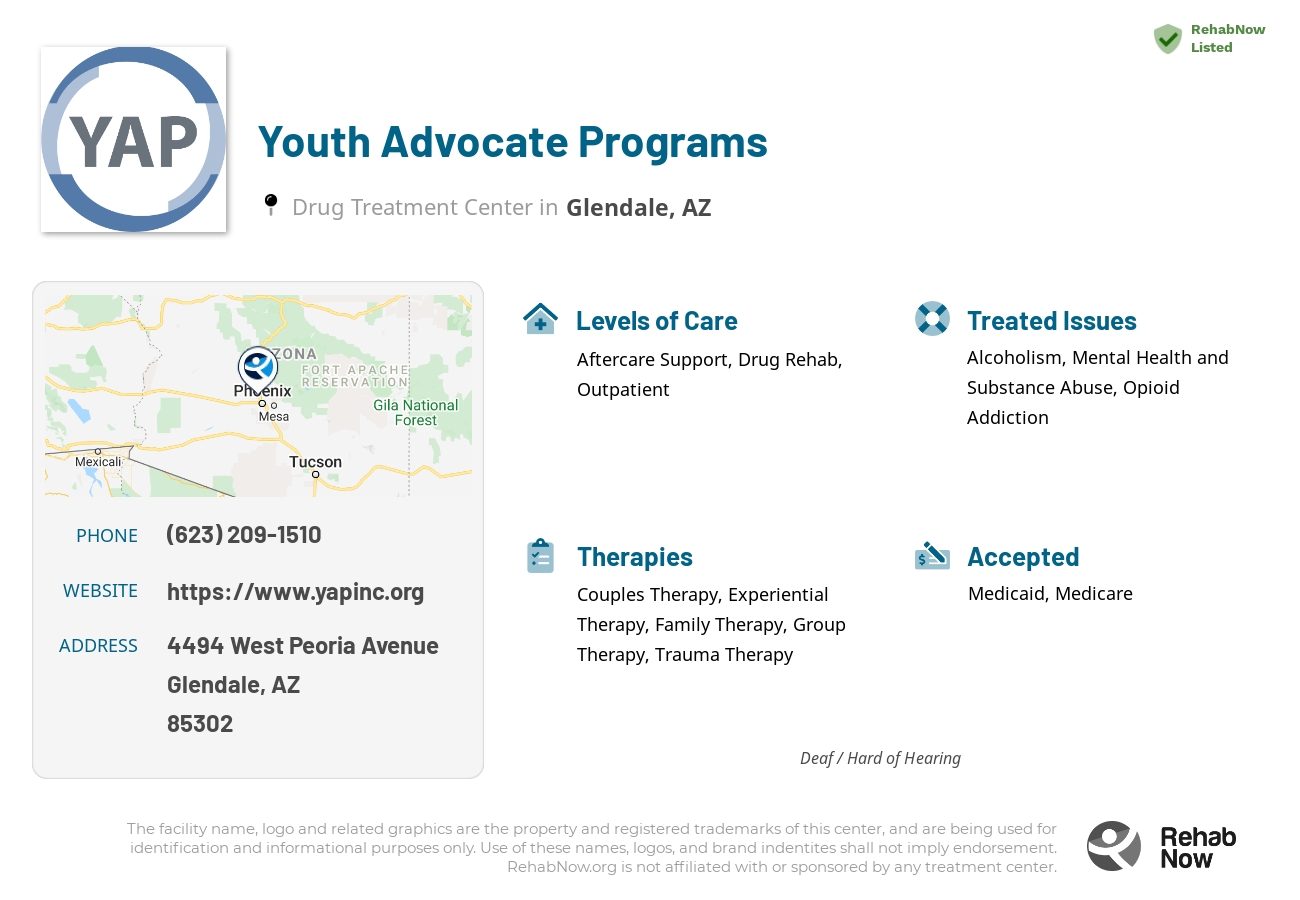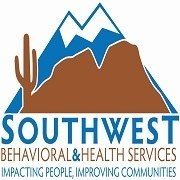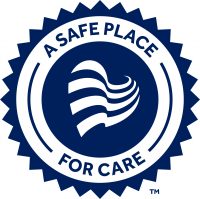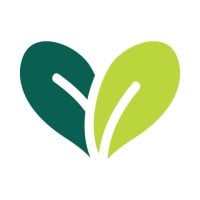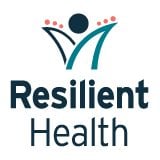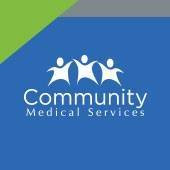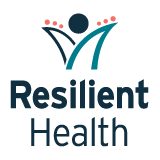Youth Advocate Programs
Drug Rehab Center in Glendale, Arizona
Youth Advocate Programs in Glendale, Arizona offers a range of residential and outpatient services for addiction and substance abuse, providing patient-centered and evidence-based care with a focus on helping individuals rebuild their sense of identity and develop life-skills and positive coping strategies to overcome the challenges of addiction.
About This Arizona Facility
Youth Advocate Programs (YAP) in Glendale, Arizona provides a variety of services designed to support the mental and emotional needs of individuals, families, and communities. YAP is an alcohol and drug treatment center dedicated to providing the highest quality of care for their clients. They offer a full suite of residential and outpatient services including individual and group counseling, case management, assessment and referral services, and more. YAP is nationally accredited and recognized for providing patient-centered and evidence-based care.
YAP offers a range of services for addiction and substance abuse, including individualized and group treatment, as well as relapse prevention and after-care services. They also provide psychological, spiritual, and social support services, as well as family counseling and supportive housing options. Moreover, their specialized services focus on helping individuals rebuild their sense of identity and develop life-skills and positive coping strategies to overcome the challenges of addiction.
YAP is internationally recognized for their work with adolescents and young adults in recovery. They hold certifications from national and regional accrediting bodies such as the Commission on Accreditation of Rehabilitation Facilities (CARF) and are the recipients of the Arizona Department of Health Services Certificate of Recognition for providing excellence in the field of addiction treatment. YAP, moreover, offers unique and tailored services such as trauma-informed care and art therapy to promote healing and self-awareness for individuals struggling with addiction.
Genders
Ages
Modality
Additional
Conditions and Issues Treated
Opioid addiction treatment should be done in a medically supervised drug rehab. Opioid addiction treatment will include detoxification and drug rehab counseling to help both the user and their loved ones learn how to live a successful sober lifestyle. Methadone, buprenorphine, and naltrexone are three medications that can help treat opioid addiction. Individual drug rehab counseling sessions can be helpful to discuss any questions or concerns with the drug treatment program.
Levels of Care Offered at Youth Advocate Programs
This center offers a variety of custom treatment tailored to individual recovery. Currently available are Aftercare Support, Drug Rehab, Outpatient, with additional therapies available as listed below.
Individuals struggling with drug addictions can get help from several treatment options, including inpatient and outpatient programs. Outpatient drug treatment programs can also provide patients with different levels of care, usually depending on the patient’s degree of addiction.
At an outpatient program in Glendale, a patient will attend a recovery program during the day and return home in the evening. Suppose a patient is struggling with drug addiction. In that case, an outpatient program can serve as an effective transition point during the recovery process.
Aftercare is a part of drug rehabilitation. It is also known as “post-treatment support.” Aftercare programs are available for addicts after they complete drug rehab. It is often the final step in the recovery process. The goal of aftercare is to ensure that addicts maintain their achievements in rehab and do not relapse. Professionals generally provide aftercare (including addiction therapists, physicians, social workers, psychologists) and involve individual and group therapy sessions.
Therapies & Programs
Couples therapy is beneficial for couples in which at least one partner has a substance use disorder. This type of therapy can help partners improve communication skills, which is an important factor in a healthy relationship. It can also help partners better understand one another so they have a greater understanding of how the other partner may be feeling.
Benefits of couples therapy include:
- Improvement in communication skills
- Increased understanding of the dynamics within a relationship
- Increased sense of support and trust in the relationship
- Better teamwork between partners/increased willingness to listen and work together
- Enhanced tolerance of each other’s shortcomings
- Improved ability to have open, honest communication with each other
Family therapy is a crucial part of drug treatment and getting sober. It is one of the most effective ways to help addicts stay on the path to long-term sobriety. When a drug addict decides that they want to try and get sober, it takes the support of every person they love to succeed. It can be incredibly difficult for loved ones to watch an addict go through the pain and suffering of withdrawal, but by being there with them and supporting them, they can help to make sure that the addiction never returns.
One of the most important parts of family therapy is the relapse prevention plan. During treatment, therapists and doctors will often sit down with the addict and their family to develop a plan in case the addict ever feels like they want to use again. This plan should involve steps the addict and family can take together to prevent them from relapsing in the future. An addict’s family can play a vital part in helping them to avoid relapse because they can spot the warning signs and help them get back on track before it becomes too much of a problem.
Group therapy helps prevent addicts from feeling isolated or unique in their situation by offering a sense of comfort and fellowship. It also creates a forum for addicts to build their support systems and learn from each other. The group therapy sessions at Youth Advocate Programs occur in a group setting rather than one-on-one to create a safer, controlled environment where addicts feel comfortable.
Trauma therapy helps people dealing with addiction by allowing them to confront the traumas of their past and move past them. It is important to note that trauma therapy should not be confused with PTSD (post-traumatic stress disorder) Rather, it is used to treat the effects of trauma, which are often at the root of addiction.
Cognitive Behavioral Therapy (CBT) is a common therapeutic approach to help drug addicts. It teaches addicts new ways of thinking and behaving so that they can avoid relapse. There are several forms of CBT used in drug rehabilitation centers.
Cognitive Restructuring helps addicts identify faulty, negative thinking so that they can work together with the therapist to find healthier ways of thinking, resulting in better decision-making.
Cognitive Behavioral Therapy for Addiction uses the principles of CBT to help treat addiction. It focuses on specific aspects of each person’s thinking, feeling, physiology, and behavior. It aims to identify specific problems in these areas and create a personalized treatment strategy.
Patient Experience
Experiential Therapy at Youth Advocate Programs
Experiential Therapy is a new approach to addiction treatment. Addiction-related psychological issues like depression and anxiety are addressed through physical activities.
Experiential Therapy can help those who have struggled with past traumas or life decisions like drug use. It allows people to gain new perspectives on their behavior patterns by recreating experiences in healthy ways rather than continuing old habits that may no longer serve them well.
Payment Options Accepted
For specific insurance or payment methods please contact us.
Additional Details
Specifics, location, and helpful extra information.
Glendale, Arizona 85302 Phone Number(623) 209-1510 Meta DetailsUpdated November 25, 2023
Staff Verified
Patient Reviews
There are no reviews yet. Be the first one to write one.
Glendale, Arizona Addiction Information
Arizona has some of the highest rates of prescription drug abuse in the United States. Methamphetamines, heroin and morphine are among the most commonly abused substances. Prescription pain relievers were prescribed to 348 million people in 2012, enough to medicate every adult in Arizona for 2 full weeks. The number of people with substance use disorders in Arizona has remained relatively constant over the past few years.
Glendale, Arizona has had a big impact on the community concerning drug addiction and abuse. According to statistics, nearly 10% of Glendale residents reported past-month use of an illicit drug. Prescription and synthetic opioids were involved in 5,669 drug overdose deaths in 2016. There are many different types of drug treatment facilities in Glendale, Arizona. Some of the most common types of treatment include detoxification, inpatient rehabilitation, and outpatient rehabilitation.
Treatment in Nearby Cities
- Polacca, AZ (185.6 mi.)
- Littlefield, AZ (249.6 mi.)
- Lake Havasu City, AZ (139.0 mi.)
- Oracle, AZ (104.6 mi.)
- Fountain Hills, AZ (24.8 mi.)
Centers near Youth Advocate Programs
The facility name, logo and brand are the property and registered trademarks of Youth Advocate Programs, and are being used for identification and informational purposes only. Use of these names, logos and brands shall not imply endorsement. RehabNow.org is not affiliated with or sponsored by Youth Advocate Programs.
